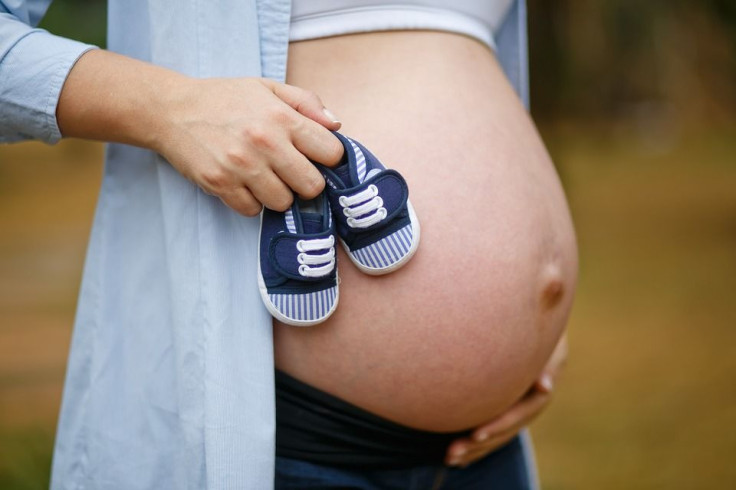Insomnia And Other Sleep Disorders Linked To Premature Babies

Mothers diagnosed with common sleep disorders may be more likely to deliver a premature baby, according to new research.
In a study involving more than 2,000 women, researchers from the University of California, San Francisco found that nearly 15 percent of women with sleep apnea or insomnia had a premature delivery compared to nearly 10 percent of women without a sleep disorder. A preterm birth was considered any baby born before the mother was 37 weeks pregnant.
Read: Sleep Disorder May Be Early Sign Of Parkinson’s Disease And Other Neurological Conditions
A number of factors can contribute to premature birth, including poor nutrition or high blood pressure, but the researchers were interested in specifically studying the effects of poor sleep. Therefore, when they created their experiment, they chose to use a specific study design, called a case-control, to separate the various effects. All of the women diagnosed with a sleep disorder during pregnancy were matched to women with no sleep disorder diagnosis, but they each had identical risk factors linked to preterm birth, such as smoking during pregnancy.
“This gave us more confidence that our finding of an earlier delivery among women with disordered sleep was truly attributable to the sleep disorder, and not to other differences between women with and without these disorders,” lead study author Jennifer Felder said in a statement.
Felder and her colleagues’ findings also revealed that the odds of giving birth to a baby before 34 weeks gestation was more than double for women with sleep apnea, which is a disorder that causes a person to repeatedly start and stop breathing. Those with insomnia had a lesser chance of giving birth to a baby before 34 weeks gestation, but their odds were still nearly double.
Read: 5 Scary Sleep Disorders, From Dream Hallucinations To Sleep Paralysis
Insomnia and sleep apnea are both common disorders, but the researchers were surprised by how few women in their data set received a diagnosis. They believe only the women with the most serious symptoms were identified, according to a statement.
“The women who had a diagnosis of sleep disorder recorded in their medical record most likely had more severe presentations,” senior study author Aric Prather said. “It’s likely that the prevalence would be much higher if more women were screened for sleep disorders during pregnancy.”
Poor sleep is common among pregnant women, Felder pointed out to the New York Times. "But, for women having sleep problems that are severe, impairing, and distressing, it's important to talk to their health care providers," she said.
See also: Alzheimer’s Disease Gene May Increase Risk Of Sleep Disorder-Related Cognitive Problems
Identification Of Sleep Genes May Lead To Better Treatment For Sleeping Disorder And PTSD



























